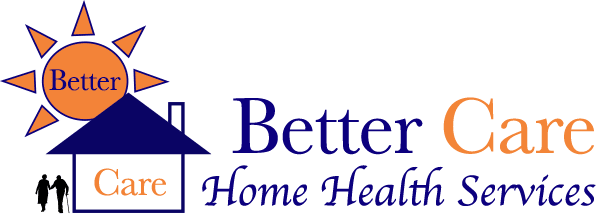Every March is National Caffeine Awareness Month, and so many people don’t realize how much caffeine they take in as well as how caffeine can both benefit them and cause some potential roadblocks. Here’s what you and your senior care provider may need to know about caffeine to help your senior.
Senior Care in Broomall PA: Caffeine Awareness Month
Caffeine Can Offer Benefits for Your Senior
Caffeine has a bad reputation in some circles, but it can have benefits, even for seniors. Caffeine can increase alertness and cognition and it can boost metabolism. Coffee is also full of antioxidants which can help to fight chronic diseases like diabetes and even some cancers. That’s within limits, of course, and it’s important to be aware of some of the factors that influence whether caffeine is truly helpful or not.
Timing Matters with Caffeine
While caffeine’s ability to spur alertness can be handy, it can also be a problem. Caffeine stays in the body for a lot longer than most people think. While it takes only about 30 minutes to start feeling the effects of caffeine, it takes hours for caffeine to leave the body. How long exactly it takes for caffeine to leave your senior’s body depends on metabolism and other factors. Keeping a food diary can help her to determine when her personal cut-off time should be for caffeine.
Symptoms of Too Much Caffeine
Most people only need or want a cup or two of coffee or caffeinated tea a day, but others can ingest a lot more caffeine than that. How much is too much? Again, that’s a very individual answer, but it’s important to watch for signs of too much caffeine. Elevated blood pressure, insomnia, increased anxiety, and dehydration can all be signs that your elderly family member is taking in too much caffeine.
Quitting Caffeine “Cold Turkey”
Quitting caffeine might be the option you and your senior look into when she realizes how it’s affecting her, but that might not be the best answer right out of the gate. Going “cold turkey” with caffeine, or quitting it suddenly and completely, might be uncomfortable. Just a few of the symptoms of caffeine withdrawal can include:
- Headache
- Irritability
- Anxiety
- Excessive sleepiness
Taking a slower approach might be in order, especially if your elderly family member has help from senior care at home with timing and quantities. This gives your senior’s body a chance to adjust to increasingly lower levels of caffeine in her bloodstream on a regular basis.
Talk to Your Senior’s Doctor
If your elderly family member wants to find out more about how caffeine impacts her life directly, then working with her doctor is a great idea. Her doctor can help her to understand how medications, health issues, and caffeine all work together. Then you can work with your senior and her elder care providers to put a plan of action together.
Caffeine isn’t inherently bad, but it’s important to understand how it affects your senior and her quality of life. When you have more information, you and senior care at home can work together to help keep your senior’s experience as positive as possible.
If you or an aging loved-one are considering hiring Senior Care in Broomall, PA, please talk to the caring staff at Better Care Home Health Services LLC today. Serving individuals and their families in Philadelphia, Delaware, Montgomery, and Bucks counties. Call Today: (267) 766-5218
Better Care Home Health Services is a family-owned agency dedicated to providing excellent and comprehensive home health care to individuals and families of Philadelphia, Delaware, Montgomery and Bucks counties. We are honored that God has blessed us with the opportunity to positively impact and change people’s lives. It is our mission to ensure that we provide the very best of care to our clients.
- The Benefits of Stretching for Seniors - March 27, 2025
- How 24-Hour Home Care Can Make Your Mom Feel Safe At Home - March 7, 2025
- Taking the Stress out of Getting Dressed - February 25, 2025

